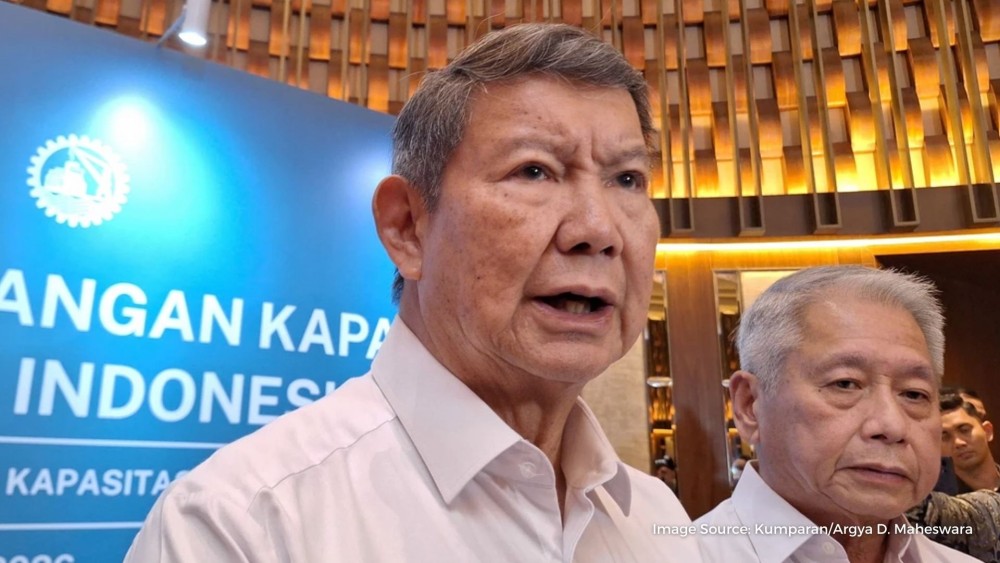Indonesia Awaits G7 Funding for Early Coal Plant Retirement
10 Sep 2024

Indonesia is still waiting for more affordable funding to accelerate the early retirement of coal-fired power plants (PLTU) under an agreement with wealthy nations in the G7 group, according to Coordinating Minister for Maritime Affairs and Investment Luhut Binsar Pandjaitan. He made the statement at the Coaltrans Asia conference on Monday, September 9.
The G7 countries have pledged $20 billion to Indonesia as part of the Just Energy Transition Partnership (JETP), launched in 2022. However, the disbursement of funds has been minimal so far.
Luhut noted that the current financing mechanisms do not include grants and do not address existing challenges such as high retirement costs. "If you are pushing us to retire our coal power plants early, how do we finance it? The interest rates must be attractive," Luhut said at the Coaltrans Asia conference, as quoted by Reuters on Monday (September 9). He emphasized that there is no point in pursuing funding if it comes with commercial interest rates.
Indonesia is seeking lower interest rates than what is available on the market. The largest economy in Southeast Asia needs $94.6 billion by 2030 to develop transmission infrastructure and clean power generation to reduce coal-fired electricity use.
Grant funding identified in the JETP documents amounts to only $153.8 million out of the total pledged funds.
The lack of progress in the world’s largest single climate funding transaction has hindered efforts by the world’s seventh-largest coal power producer to reduce emissions.
Luhut urged other countries not to lecture Indonesia on decarbonization, referencing a presentation where he told U.S. Treasury Secretary Janet Yellen that Indonesia’s per capita emissions are much lower than those of the United States.
"At 2.3 metric tons, Indonesia’s carbon dioxide emissions are significantly lower than the United States, which stands at 14.7 tons per capita, and below the global average of 4.5 tons," Luhut stated.
Original article here
This article is published in partnership with Katadata






